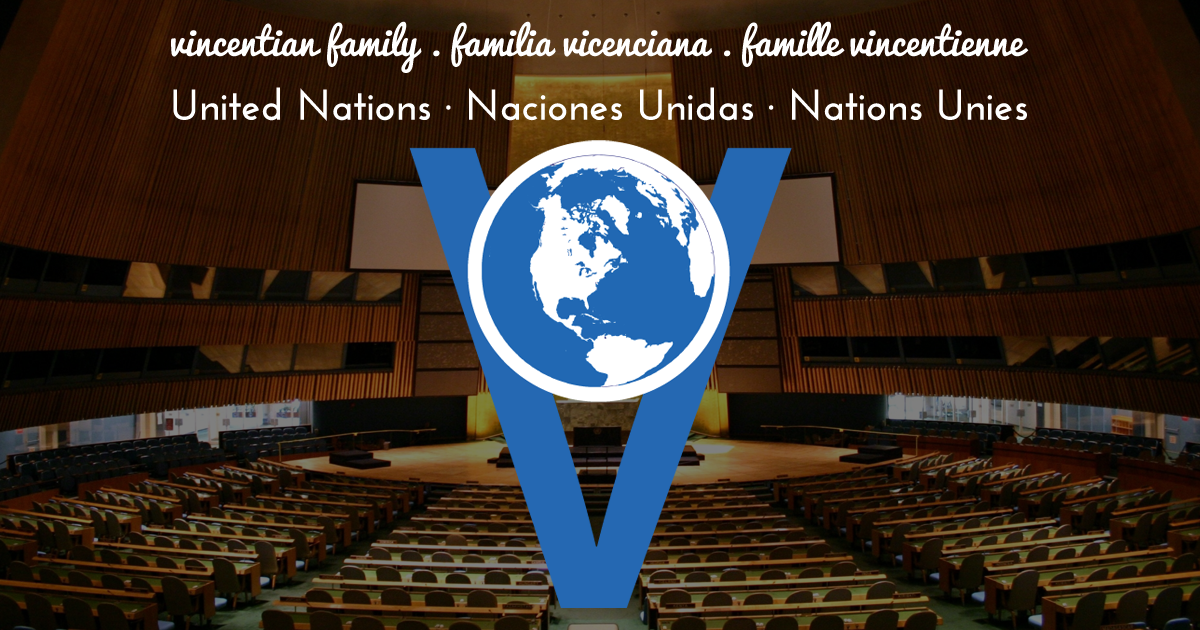The importance and means of achieving Sustainable Development Goals (SDGs), addressing climate change, and garnering support for refugees and migrants are just a few of the multiple topics to be addressed during the United Nation’s upcoming 71st General Assembly (GA) and associated gatherings. The Assembly runs September 13 to 26 at the UN in New York.

[twocol_one]Other topics on the agenda include human rights, globalization; conflict; poverty; peace; renewable energy; natural disasters; women’s concerns; justice; issues affecting indigenous persons, youth and the elderly; precarious situations in various parts of the world, and many, many more.
First-Time Pacific Island GA President-Elect
Promoting the Sustainable Development Goals (SDGs) is of significant interest to General Assembly President-Elect Peter Thomson, from Fiji. The first leader from a Pacific Island state to take office as President of the General Assembly, Thomson also promises to be an advocate for oceans and addressing climate change.
[/twocol_one][twocol_one_last]
WHERE TO FOLLOW EVENTS: GENERAL ASSEMBLY (September 13-26): http://webtv.un.org HIGH LEVEL SUMMIT FOR REFUGEES AND MIGRANTS: SEPTEMBER 19 SUMMIT PROCEEDINGS: will be broadcast live on http://webtv.un.org.
UPDATES: will also be posted throughout the day on the UN social media. You can follow the conversation with #UN4refugees and migrants.
Theme Relates to Sustainable Development Goals
The President-elect typically chooses a global issue upon which member states may comment during the Assembly’s General Debate. Thomson has established a General Debate theme entitled, “The Sustainable Development Goals: a universal push to transform our world.” The Debate opens September 20.
[twocol_one]
Event Pushes Ratification of Climate Change Agreement
SDG 13 calls for urgent action to combat climate change and its impacts. Towards that end, United Nations Secretary-General Ban Ki-moon has invited leaders from all countries to attend a special, September 21 event.
[/twocol_one][twocol_one_last]
TO TRACK THE NUMBER OF COUNTRIES WHO HAVE RATIFIED THE PARIS CLIMATE AGREEMENT, CLICK THE FOLLOWING LINK: Paris Agreement Ratification Tracker
As of August 30, there were 180 signers to the Paris Climate Agreement. But penning that paper is just the first step, and must be followed by depositing an instrument of ratification or acceptance. So far (again, as of August 30), 23 states had deposited their instruments of ratification, acceptance, or approval, accounting collectively for only 1.08% of total global greenhouse gas emissions. For the Paris Agreement to take effect, 55 parties representing at least 55% of global emissions must ratify it.
High Level Summit Planned on Large Movements of Refugees and Migrants
Another event of particular interest to Vincentian Family Members is a September 19 high-level summit addressing the management of large movements of refugees and migrants. The idea is to unite countries behind a more humane and coordinated response. It is the first time the General Assembly has called for such a summit at the heads of state and government level.
Karen AbuZayd, an American diplomat, was appointed earlier this year to work with United Nations entities and consult with member states and other stakeholders in preparing for the Summit. Dina Kawar, Permanent Representative of the Hashemite Kingdom of Jordan and David Donoghue, Permanent Representative of Ireland, were named as co-facilitators to lead consultations with member states and finalize organizational efforts.
Leaders’ Summit on Refugees Also Scheduled
Immediately following, on September 20, U.S. President Obama is hosting a Leaders’ Summit on Refugees, together with co-hosts Canada, Ethiopia, Germany, Jordan, Mexico and Sweden. They will appeal to governments for significant new commitments related to refugees. While this Summit will focus on refugees and not migrants, the September 19 High-Level Summit will address large movements of both.
Will a New Secretary General Be Appointed?
Remaining to be seen is whether, in September, the General Assembly will choose the next Secretary General. Current Secretary General Ban Ki-Moon’s term concludes at the end of December.
According to Article 97 of the UN Charter, the General Assembly appoints a Secretary General following a recommendation by the Security Council. Each permanent members of the Security Council has a veto, so they must agree on a candidate suitable to all.
There is no formal timetable for electing a Secretary General, but GA resolution 51/241 states that “the Secretary General should be appointed as early as possible, preferably no later than one month before the date on which the term of the incumbent expires.” Thus the latest deadline would be late November. It is hoped the new Secretary General will be chosen by October.
There were originally 12 candidates for Ban Ki-Moon’s successor. The number narrowed to ten (as of August 30), because of the withdrawals of Vesna Pusic , from Croatia, and Igor Luksic, of Montenegro. Some are still hoping for a first female General Secretary, but Portugal’s former Prime Minister, Antonio Guterres, took a strong lead in the contest after a third Security Council secret ballot on August 29. The next poll will take place September 9.
The appointment is not a wrap, however. There has been an informal practice of choosing the Secretary General from rotating regions. According to that process, it would be Eastern Europe’s turn to produce the winning candidate. However, during this election, candidates from outside of Eastern Europe are also receiving close attention.
General Assembly Serves as Forum for Multilateral Discussion and Policymaking
According to the UN, the General Assembly is its main deliberative, policymaking and representative organ. Comprising all 193 Member States , the GA provides a forum for multilateral discussion of international issues including peace and security. Decisions on important questions, such as those related to peace and security, admission of new members, and budgetary matters, require a two-thirds majority. Decisions on other questions are by simple majority.







0 Comments